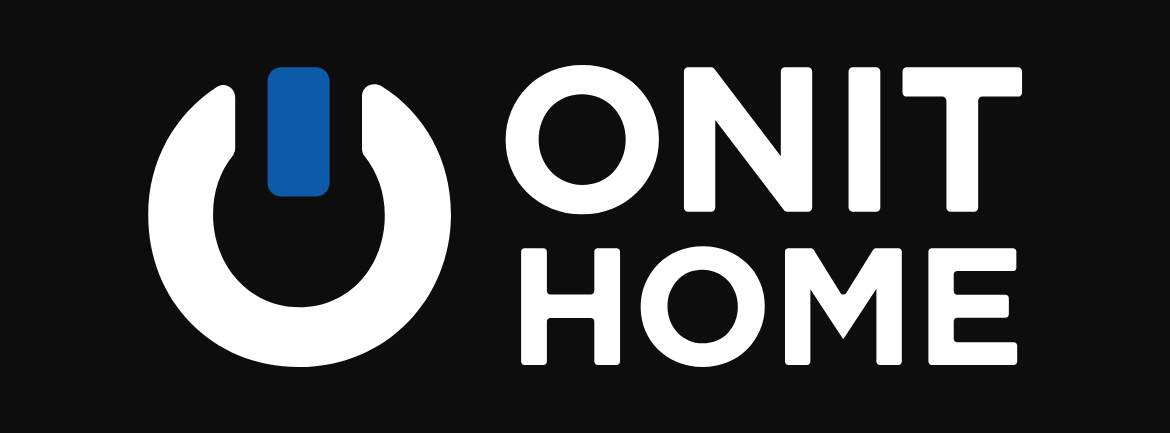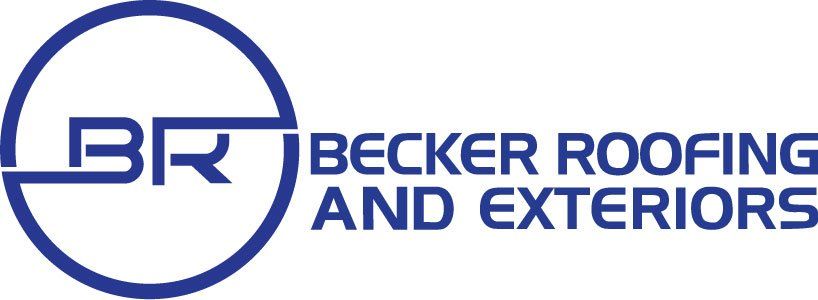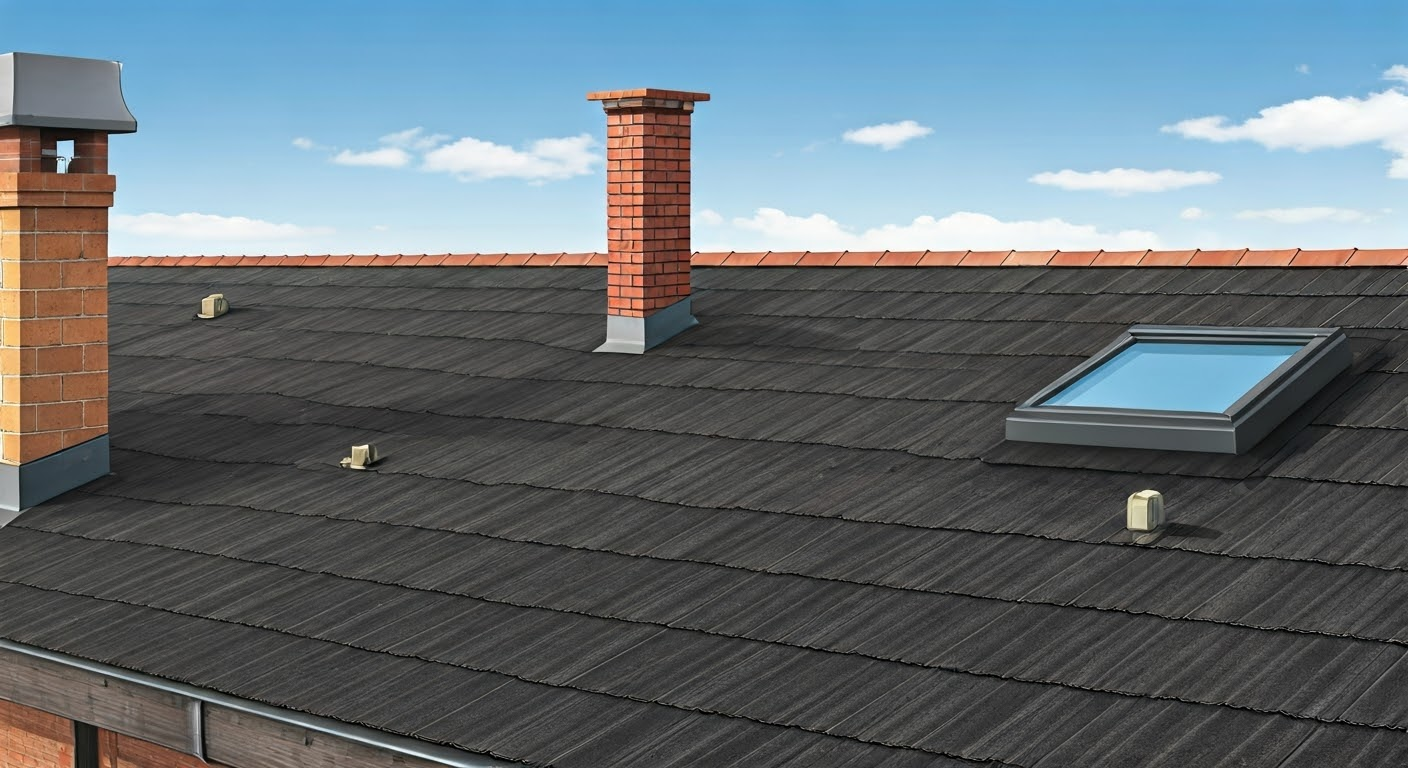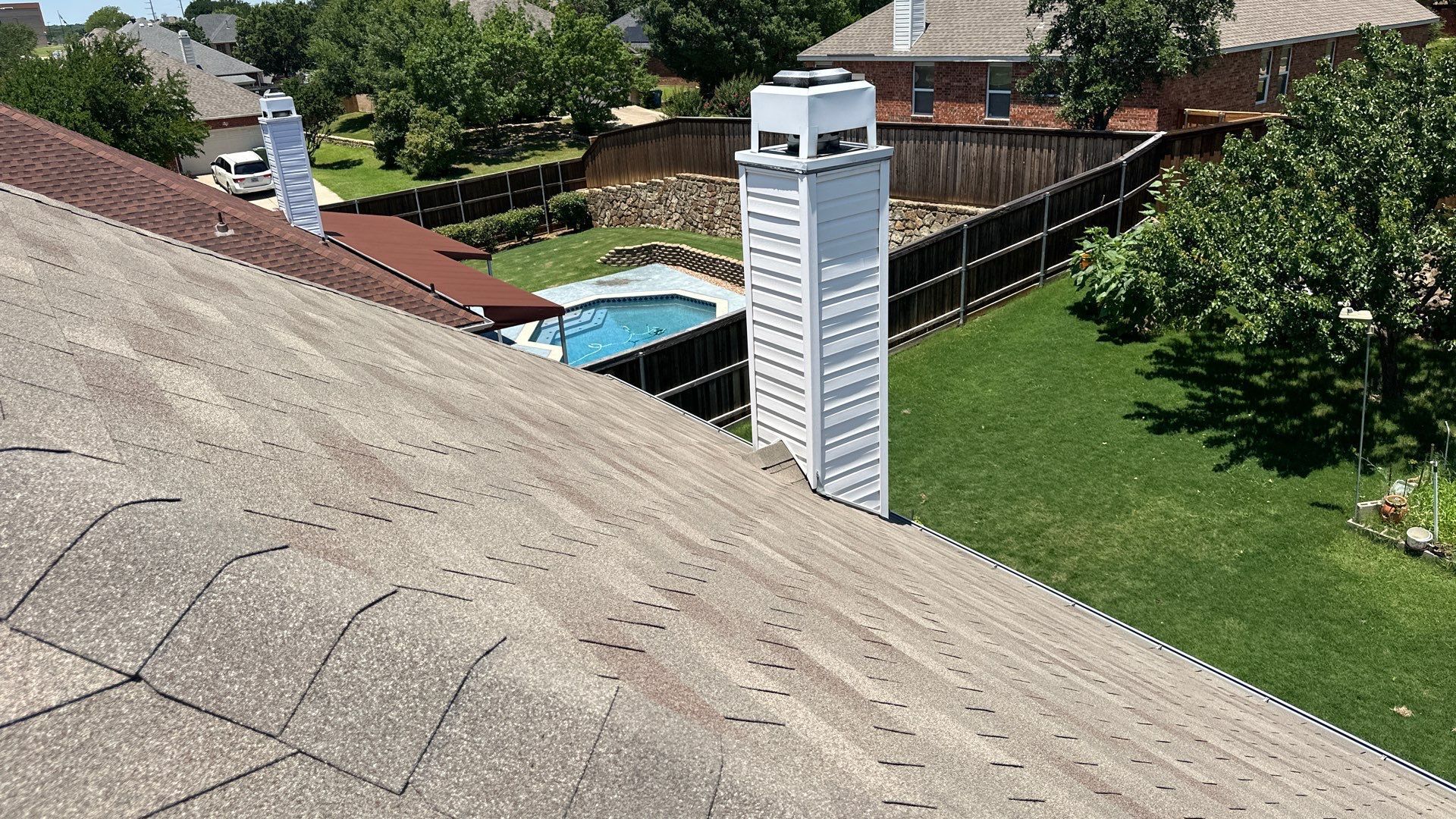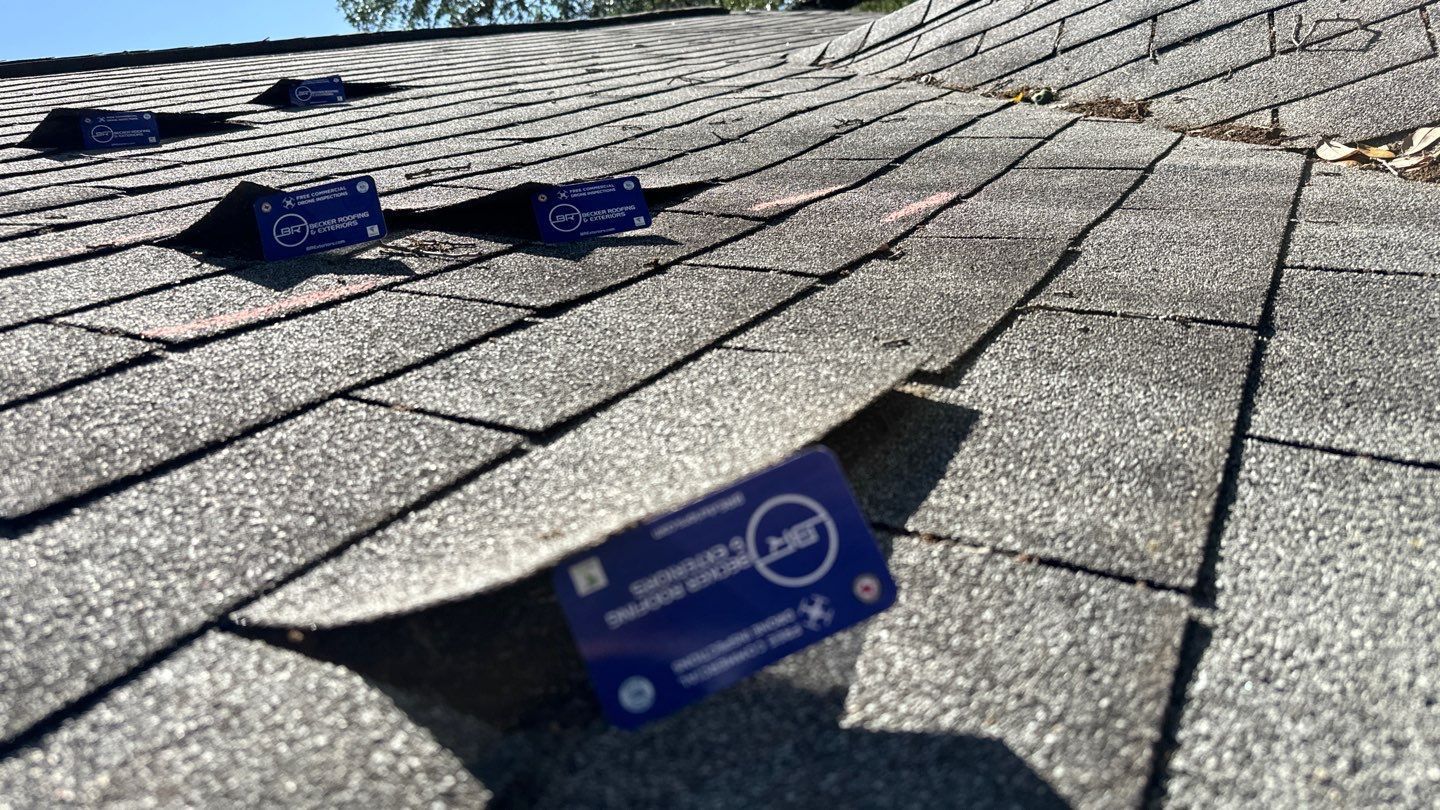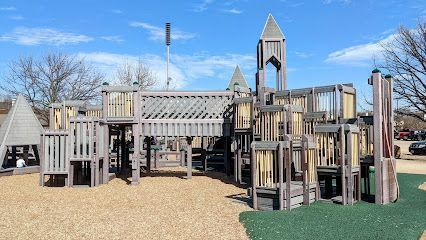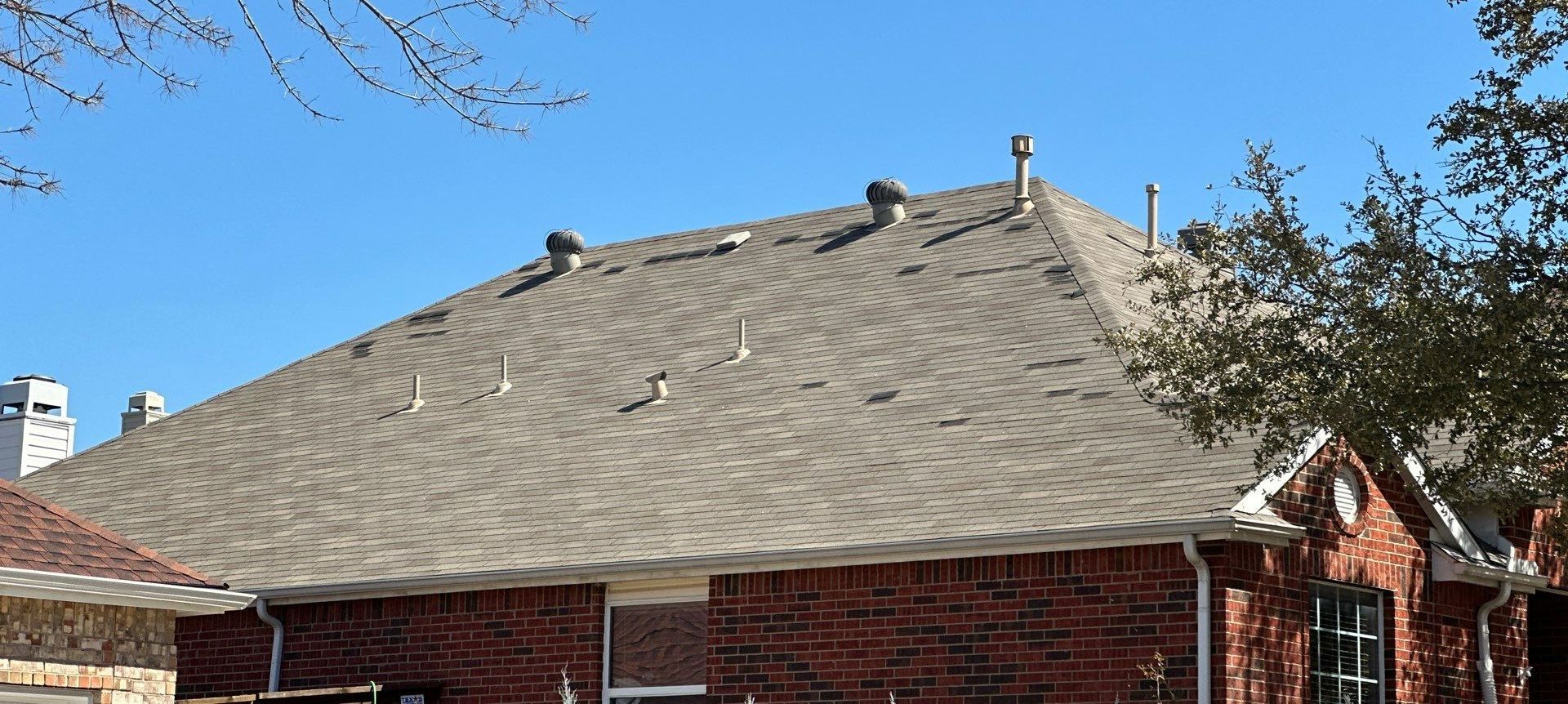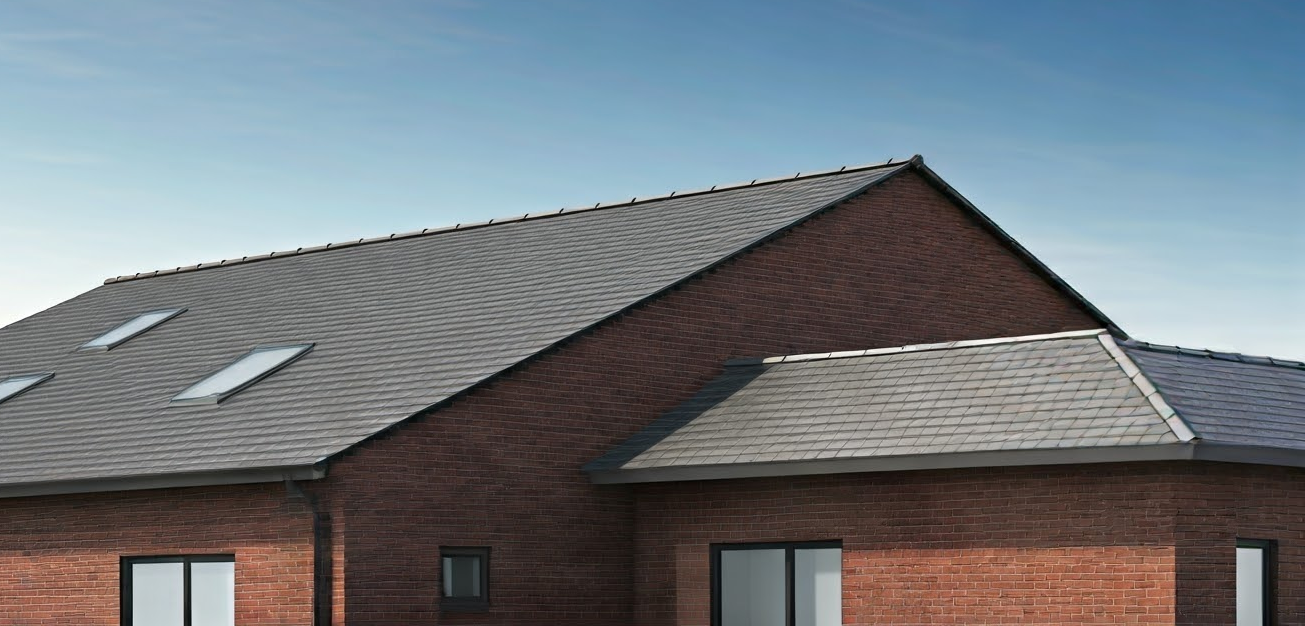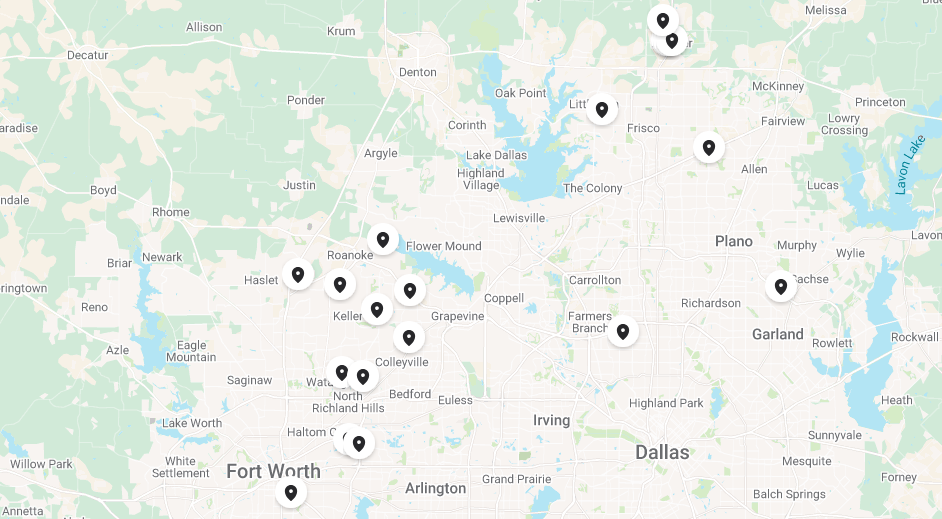Best Flat Roofing Materials for Fort Worth: Expert Guide
Discover the best flat roofing materials for Fort Worth Texas.
Explore top options for durable & cost-effective roofing solutions.
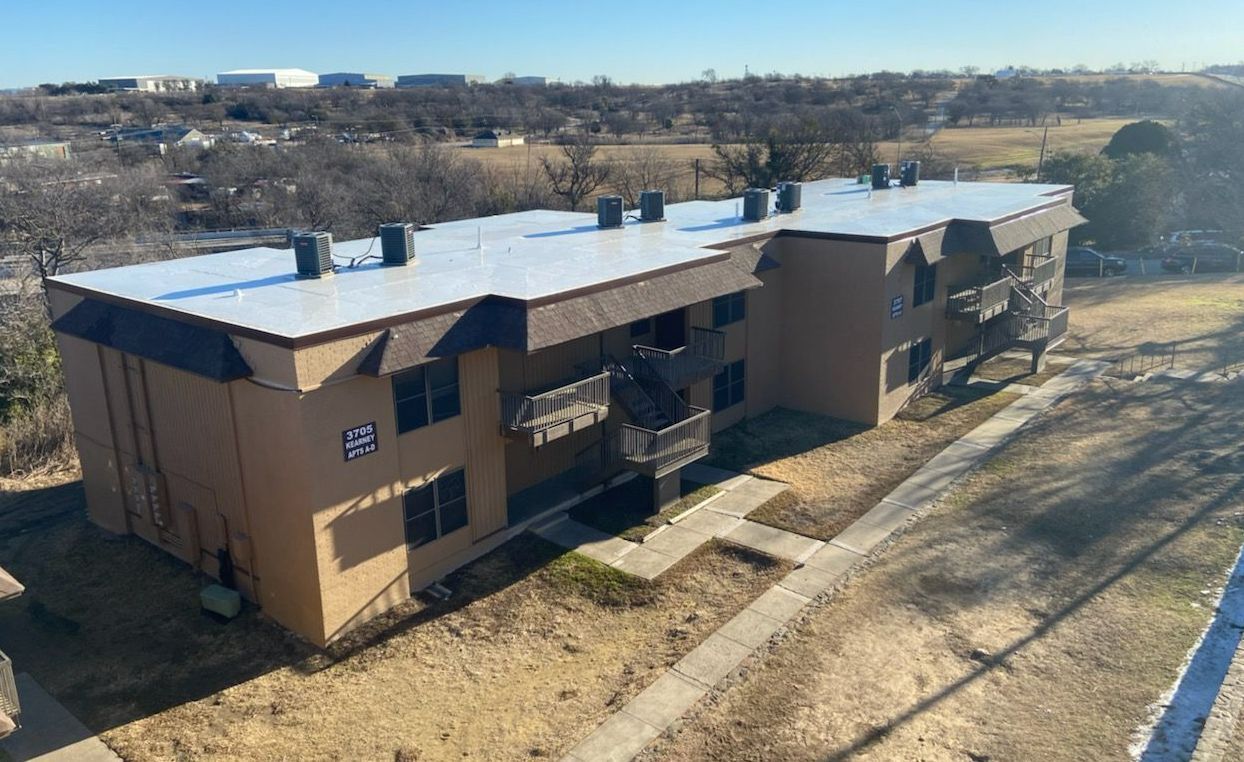
Top Picks: Flat Roofing Material for Fort Worth
Key Highlights
- Flat roofing materials are the best choice for commercial properties in Fort Worth, offering energy efficiency and durability.
- TPO roofing is a low-risk, efficient option that is energy star-rated and can be with solar panels for enhanced energy efficiency.
- PVC roofing is ideal for restaurants and high grease areas due its fire resistance and easy maintenance.
- EPDM roofing is best suited for colder climates as it provides insulation and longevity.
- Modified bitumen roofing offers a combination of durability and flexibility, making it ideal for areas with high winds.
- Built-up roofing is a cost-effective and resilient choice that requires proper maintenance for longevity.
Introduction
Flat roofs are a popular choice for commercial properties in Fort Worth due to their sleek design and efficiency. When it comes to choosing the best flat roofing material, there are several options available, each with its own advantages and considerations. In this blog, we will explore the top flat roofing materials in Fort Worth, including metal roofing, and why they are the best choices for commercial properties.
Flat roofs have become increasingly popular in recent years due to their energy efficiency and durability. These roofs are designed to be horizontal or nearly horizontal, providing a sleek and modern aesthetic to commercial buildings. They are particularly well-suited for urban areas where space is limited and can also be used for residential properties, including those with a clay tile roof.
When it comes to choosing the right flat roofing material for your property in Fort Worth, Texas, there are several factors to consider. Energy efficiency, durability, and proper maintenance are all important considerations that can impact the lifespan and performance of your roof. In the following sections, we will explore the top flat roofing materials available in Fort Worth and their unique characteristics.
Exploring Fort Worth's Top Flat Roofing Materials
Fort Worth offers a variety of flat roofing materials to choose from, each with its own advantages and considerations. The top flat roofing materials in Fort Worth include TPO roofing, PVC roofing, EPDM roofing, modified bitumen, and built-up roofing.
TPO roofing, also known as Thermoplastic Olefin roofing, is a popular choice for commercial properties in Fort Worth. It is known for its energy efficiency and is often ENERGY STAR rated. TPO roofs can reflect sunlight, reducing cooling costs and making them an environmentally-friendly option. They can also be combined with solar panels for enhanced energy efficiency.
PVC roofing, or Polyvinyl Chloride roofing, is another popular choice for commercial properties, especially in areas with high grease and fire risk such as restaurants. PVC roofs are fire-resistant and can withstand extreme weather conditions. They require proper maintenance to ensure their longevity and performance.
EPDM roofing, or Ethylene Propylene Diene Monomer roofing, is best suited for colder climates. It provides excellent insulation and can withstand harsh weather conditions. EPDM roofs typically have seams sealed with adhesive or tape, providing excellent waterproofing.
Modified bitumen roofing is a durable and flexible option for flat roofs. It consists of multiple layers that provide enhanced durability and can withstand high winds. Modified bitumen roofs are often used in areas with extreme weather conditions.
Built-up roofing, also known as BUR, is a cost-effective and resilient choice for flat roofs. It consists of multiple layers of materials, typically asphalt and gravel, which provide durability and protection. Proper maintenance is essential for the longevity of built-up roofs.
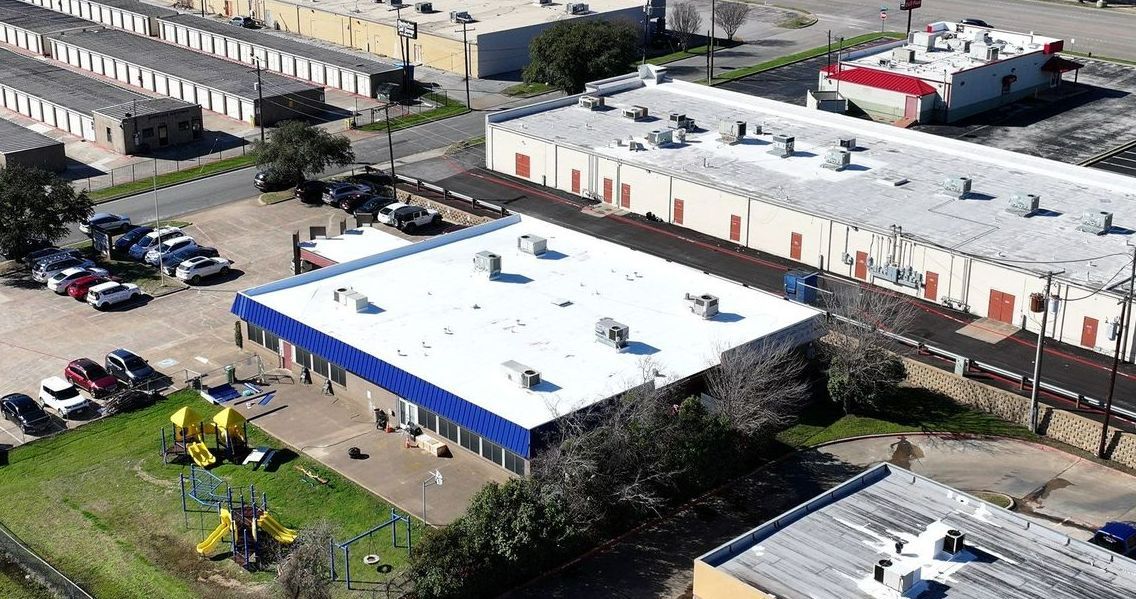
1. TPO Roofing: A Low-Risk, Efficient Option
TPO roofing, short for Thermoplastic Olefin roofing, is a low-risk and efficient option for flat roofs in Fort Worth. This roofing material is often ENERGY STAR rated, making it an excellent choice for energy efficiency. TPO roofs have the ability to reflect sunlight, reducing cooling costs and making them environmentally friendly. The cost of TPO roofing typically ranges from $5 to $10 per square foot for installation, making it a cost-effective option for homeowners.
One of the unique advantages of TPO roofing is its compatibility with solar shingles. By combining TPO roofing with solar shingles, commercial properties in Fort Worth can further enhance their energy efficiency and reduce their carbon footprint. The reflective properties of TPO roofing can help optimize the performance of solar shingles by minimizing heat absorption.
In addition to its energy efficiency, TPO roofing is also known for its durability. It resists punctures, tears, and chemical damage, making it a long-lasting option for flat roofs. TPO roofs also have heat-welded seams, enhancing their strength and preventing leaks. With proper installation and maintenance, TPO roofing can provide reliable protection for commercial properties in Fort Worth.
2. PVC Roofing: Ideal for Restaurants and High Grease Areas
PVC roofing, or Polyvinyl Chloride roofing, is an ideal choice for commercial properties in Fort Worth, particularly in areas with high grease and fire risk such as restaurants. PVC roofs are known for their fire resistance, making them a safe option for buildings where fire safety is a concern.
One of the key advantages of PVC roofing is its ability to withstand extreme weather conditions. Fort Worth experiences hot summers and occasional severe storms, and PVC roofs are designed to handle such weather challenges. They are also resistant to UV rays, chemicals, and punctures, ensuring the longevity and performance of the roof. Additionally, PVC roofing is fire resistant, making it an ideal choice for restaurants and other high grease areas where fire safety is a top priority.
Proper maintenance is essential for PVC roofing to ensure its durability and longevity. Regular inspections and cleaning can help identify and address any issues before they become major problems. It is also important to have a professional roofing contractor perform any necessary repairs or regular maintenance to ensure the roof's performance and safety.
When properly installed and maintained, PVC roofing can provide reliable protection for commercial properties in Fort Worth, particularly those in high grease and fire risk areas such as restaurants. Its fire resistance, durability, and ease of maintenance make it a top choice for flat roofs.
3. EPDM Roofing: Best for Colder Climates
EPDM roofing, or Ethylene Propylene Diene Monomer roofing, is a top choice for flat roofs in Fort Worth, especially in colder climates. EPDM roofs are known for their durability and ability to withstand harsh weather conditions.
One of the key advantages of EPDM roofing is its excellent insulation properties. In colder climates, proper insulation is essential for maintaining comfortable indoor temperatures and reducing heating costs. EPDM roofs provide effective insulation, helping to keep buildings warm in the winter and cool in the summer.
EPDM roofing is also known for its longevity when properly maintained. With a typical lifespan of 20 to 30 years or more, EPDM roofs can provide reliable protection for commercial properties in Fort Worth. Regular inspections and maintenance can help identify and address any issues before they become major problems, ensuring the longevity and performance of the roof.
When choosing a flat roofing material for colder climates in Fort Worth, EPDM roofing is an excellent option. Its insulation properties, durability, and longevity make it a top choice for commercial properties in colder regions.
4. Modified Bitumen: Durability Meets Flexibility
Modified bitumen roofing is a durable and flexible option for flat roofs in Fort Worth. It consists of multiple layers, including insulation, a modified base sheet, a modified bitumen membrane, adhesive, and a surfacing topcoat.
One of the key advantages of modified bitumen roofing is its durability. It is designed to withstand high winds and extreme weather conditions, making it a reliable choice for flat roofs in Fort Worth. The multiple layers provide enhanced protection and can extend the lifespan of the roof.
In addition to its durability, modified bitumen roofing is also flexible. It can adapt to the movements of the building, preventing cracks and leaks. This flexibility is particularly important for flat roofs, which are more prone to movement and stress compared to pitched roofs.
Proper maintenance is essential for the longevity and performance of modified bitumen roofing. Regular inspections and maintenance can help identify and address any issues before they become major problems. With proper care, modified bitumen roofing can provide durable and reliable protection for commercial properties in Fort Worth.
5. Built-Up Roofing: The Cost-Effective, Resilient Choice
Built-up roofing, also known as BUR, is a cost-effective and resilient choice for flat roofs in Fort Worth. It consists of multiple layers of materials, typically including insulation, asphalt, and gravel, which provide durability and protection.
One of the key advantages of built-up roofing is its affordability. It is a cost-effective option for commercial properties in Fort Worth, particularly for larger roofs. The multiple layers of materials provide enhanced durability and can extend the lifespan of the roof.
Proper maintenance is essential for the longevity and performance of built-up roofing. Regular inspections and maintenance can help identify and address any issues before they become major problems. Cleaning the roof of debris like leaves and branches is also important to prevent water ponding and potential leaks.
Built-up roofing can provide resilient protection for commercial properties in Fort Worth. With proper installation and maintenance, it can withstand the challenges of extreme weather conditions and provide long-lasting performance.
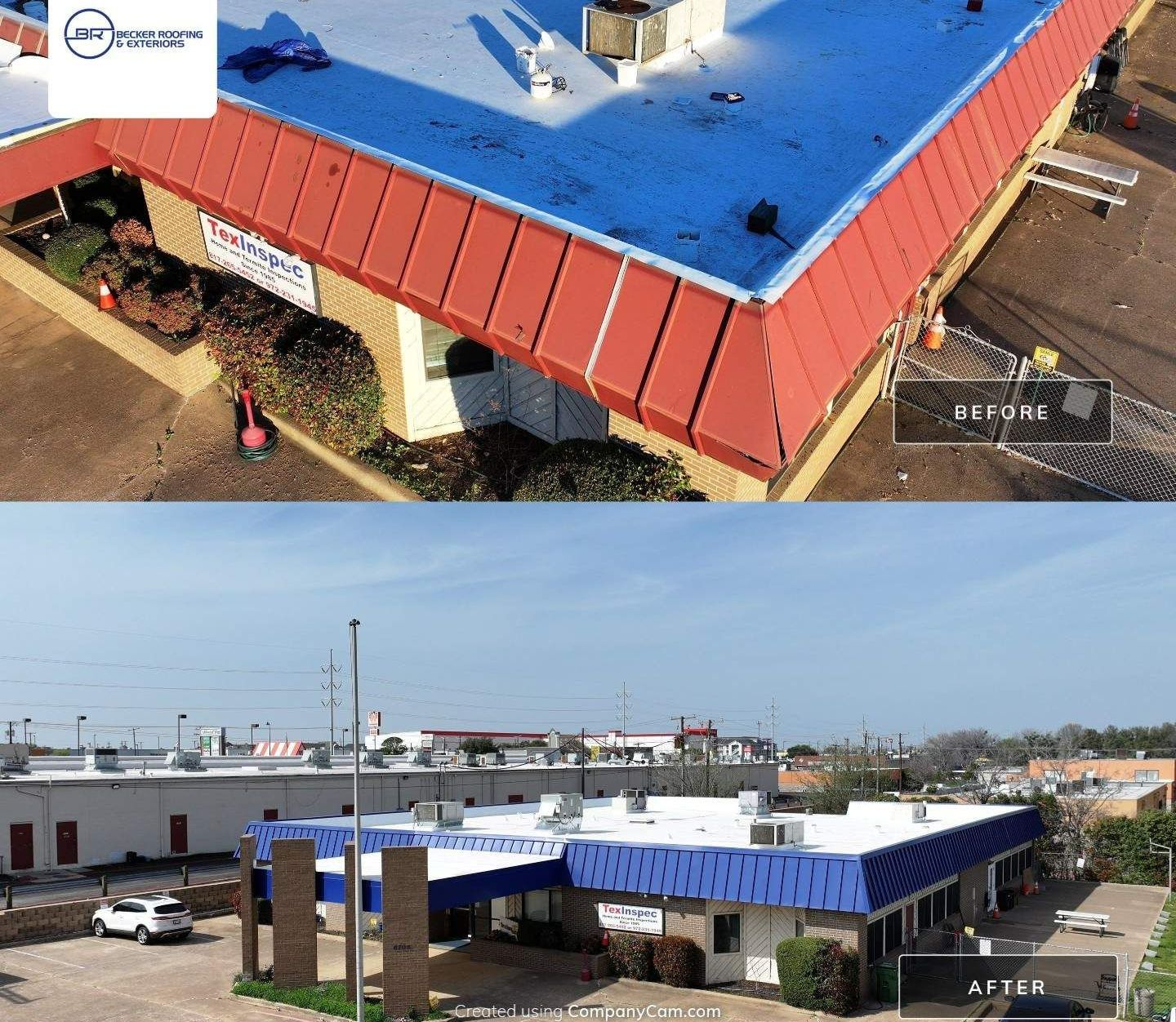
Why Material Choice Matters in Flat Roofing
The choice of material for flat roofing is crucial and can have a significant impact on the performance and energy efficiency of the roof. There are several factors to consider when choosing a material for your flat roof in Fort Worth.
Different roofing options and systems offer varying levels of energy efficiency, durability, and longevity. The material choice can also impact the aesthetics of the building, particularly in urban areas where the roof may be visible from neighboring buildings.
Energy efficiency is an important consideration for flat roofs, as they are more exposed to the sun's rays and can absorb heat. Choosing a material with high reflectivity can reduce cooling costs and improve energy efficiency. Proper insulation is also essential for maintaining comfortable indoor temperatures and reducing heating costs.
When selecting a material for your flat roof in Fort Worth, consider the specific needs of your property and consult with a professional roofing contractor to determine the best choice for energy efficiency and durability.
Advantages of TPO Roofing in Troubleshooting Leaks
TPO roofing, or Thermoplastic Olefin roofing, offers several advantages when it comes to troubleshooting leaks and addressing roof repairs. This material is known for its energy efficiency and durability, making it a popular choice for flat roofs in Fort Worth.
Advantages of TPO roofing in troubleshooting leaks include:
- Heat-welded seams: TPO roofs have heat-welded seams, enhancing their strength and preventing leaks at the seams.
- Puncture resistance: TPO roofing is highly resistant to punctures, reducing the risk of leaks caused by sharp objects or debris.
- Reflective properties: TPO roofs reflect sunlight, reducing the amount of heat absorbed by the roof and minimizing the expansion and contraction that can lead to leaks.
In addition to these advantages, TPO roofing is also known for its energy efficiency, reflecting sunlight and reducing cooling costs. By addressing leaks promptly and ensuring proper maintenance, TPO roofing can provide long-lasting performance and protection for flat roofs in Fort Worth.
Environmental Benefits and Air Quality Considerations with PVC
PVC roofing, or Polyvinyl Chloride roofing, offers several environmental benefits and considerations for air quality when used in commercial roofing applications. This material is known for its fire resistance and ease of maintenance, making it a popular choice for flat roofs in Fort Worth.
Environmental benefits and air quality considerations with PVC roofing include:
- Recyclability: PVC roofing is recyclable, reducing its impact on the environment at the end of its lifespan.
- Energy efficiency: PVC roofs can reflect sunlight, reducing cooling costs and improving energy efficiency.
- Low VOC emissions: PVC roofing products have low volatile organic compound (VOC) emissions, contributing to better indoor air quality.
- Durability: PVC roofing is resistant to UV rays, chemicals, and punctures, reducing the need for frequent repairs and replacements.
By choosing PVC roofing for commercial properties in Fort Worth, building owners can benefit from its environmental advantages and contribute to better air quality while enjoying its durability and ease of maintenance.
Enhanced Durability of Modified Bitumen and Built-Up Roofing
Modified bitumen and built-up roofing offer enhanced durability for flat roofs in Fort Worth. These materials are designed to withstand extreme weather conditions and provide reliable protection for commercial properties.
Enhanced durability of modified bitumen and built-up roofing includes:
- Multiple layers: Both modified bitumen and built-up roofing consist of multiple layers of materials, providing enhanced durability and protection.
- High wind resistance: These roofing materials are designed to withstand high winds, reducing the risk of damage or leaks during storms.
- Longevity: When properly installed and maintained, modified bitumen and built-up roofing can provide long-lasting performance, with potential lifespans of up to 20 years or more.
To ensure the enhanced durability of modified bitumen and built-up roofing, regular inspections and maintenance are essential. By addressing any issues promptly and ensuring proper care, these roofing materials can provide reliable protection for flat roofs in Fort Worth.
The Color Advantage of EPDM in Cold Weather
EPDM roofing, or Ethylene Propylene Di Monomer roofing, offers a unique advantage in cold weather due to its color properties. This material is best suited for colder climates and provides excellent insulation and energy efficiency for flat roofs in Fort Worth.
The color advantage of EPDM in cold weather includes:
- Dark color absorption: EPDM roofs are typically dark in color, which allows them to absorb sunlight and heat, providing additional insulation in cold weather.
- Energy efficiency: The insulation properties of EPDM roofing help to maintain comfortable indoor temperatures and reduce heating costs.
In addition to its color advantage, EPDM roofing is also known for its durability and longevity. When properly maintained, EPDM roofs can provide reliable protection for flat roofs in Fort Worth, particularly in colder climates.
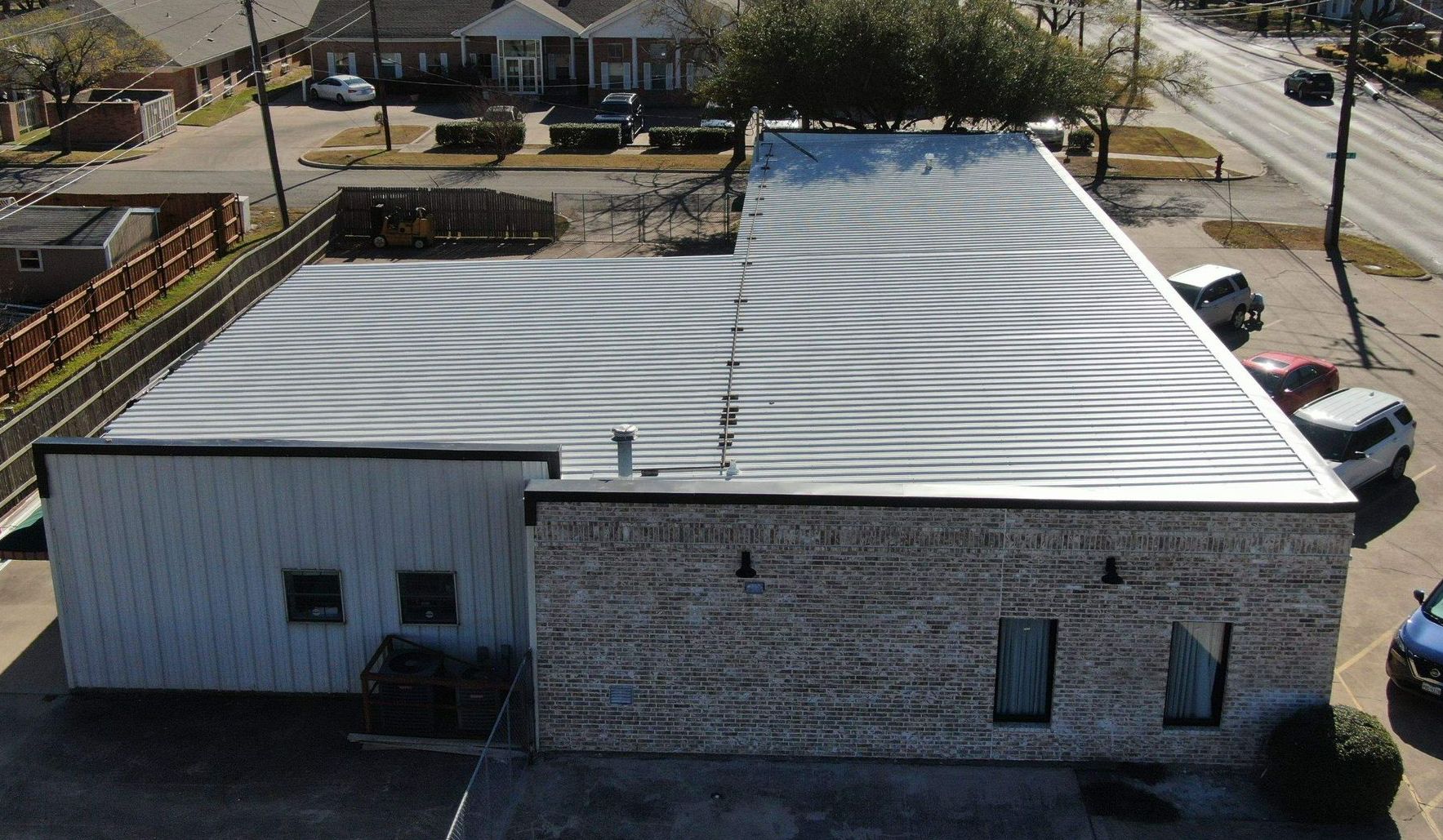
Real-World Applications of Fort Worth's Preferred Flat Roofing Materials
The preferred flat roofing materials in Fort Worth have real-world applications and case studies that demonstrate their performance and suitability for commercial properties. These case studies highlight the benefits and advantages of using these materials in various applications, showcasing their durability, energy efficiency, and longevity.
By examining real-world applications and case studies of these preferred flat roofing materials in Fort Worth, building owners and property managers can gain valuable insights into the performance and suitability of these materials for their own projects in Dallas. These case studies provide evidence of the reliability and effectiveness of these materials in real-world settings.
Case Studies: TPO Roofing in Action
Case studies showcasing TPO roofing in action can provide valuable insights into its performance and energy efficiency in real-world applications. These case studies demonstrate the benefits and advantages of using TPO roofing in Fort Worth, highlighting its ability to reduce cooling costs and improve energy efficiency.
One case study in Fort Worth showcases a commercial property that experienced significant energy savings after installing TPO roofing. The reflective properties of TPO roofing helped to reduce the heat absorbed by the roof, resulting in lower cooling costs and improved comfort for the building occupants.
Another case study highlights a large industrial facility in Fort Worth that installed TPO roofing combined with solar panels. This combination not only improved energy efficiency but also reduced the building's carbon footprint.
These case studies demonstrate the effectiveness of TPO roofing in Fort Worth and provide real-world examples of its energy efficiency and performance.
Success Stories: PVC Roofing on Commercial Properties
One of the success stories in Fort Worth when it comes to flat roofing materials is the use of PVC roofing on commercial properties. PVC roofing has gained popularity in commercial installations due to its numerous benefits. It is a fire-resistant material, making it a safe choice for commercial properties. PVC roofing is also known for its durability and longevity, with a typical lifespan of 20 to 30 years when properly maintained. It offers excellent protection against the elements and is resistant to UV rays, chemicals, and punctures. These qualities make PVC roofing a preferred choice for commercial properties in Fort Worth, where durability and performance are essential. The success stories of PVC roofing on commercial properties in Fort Worth speak to its effectiveness and reliability as a flat roofing material.
How EPDM Made a Difference in Northern Climates
EPDM roofing has made a significant difference in northern climates, where cold weather and insulation are crucial considerations. EPDM, or Ethylene Propylene Diene Terpolymer, is a popular choice for flat roofs in areas with harsh winters. It has excellent insulation properties, helping to keep buildings warm and reducing heating costs. EPDM roofs are also highly durable and can withstand heavy snow loads and extreme temperatures. The flexibility of EPDM allows it to expand and contract with temperature changes, preventing cracks and leaks. In northern climates, where cold weather can be particularly challenging for flat roofs, EPDM has proven to be a reliable option that offers both insulation and durability, making it a top choice for flat roofs in these regions.
Modified Bitumen and Built-Up Roofing in Educational and Health Facilities
Modified bitumen and built-up roofing systems have found success in educational and health facilities in Fort Worth. These two roofing options offer durability and longevity, making them suitable for high-traffic areas like schools and hospitals. Modified bitumen roofing is a layered construction that consists of insulation, a modified base sheet, a modified bitumen membrane, adhesive, and a surfacing topcoat. This layered approach provides enhanced protection against leaks and damage, ensuring the integrity of the roof. Built-up roofing, on the other hand, is an asphalt-based system that is similar in texture and appearance to modified bitumen. It also offers excellent durability and can withstand the rigors of educational and health facilities. These roofing options, with the added protection of coatings, have proven to be reliable choices for flat roofs in educational and health facilities in Fort Worth.
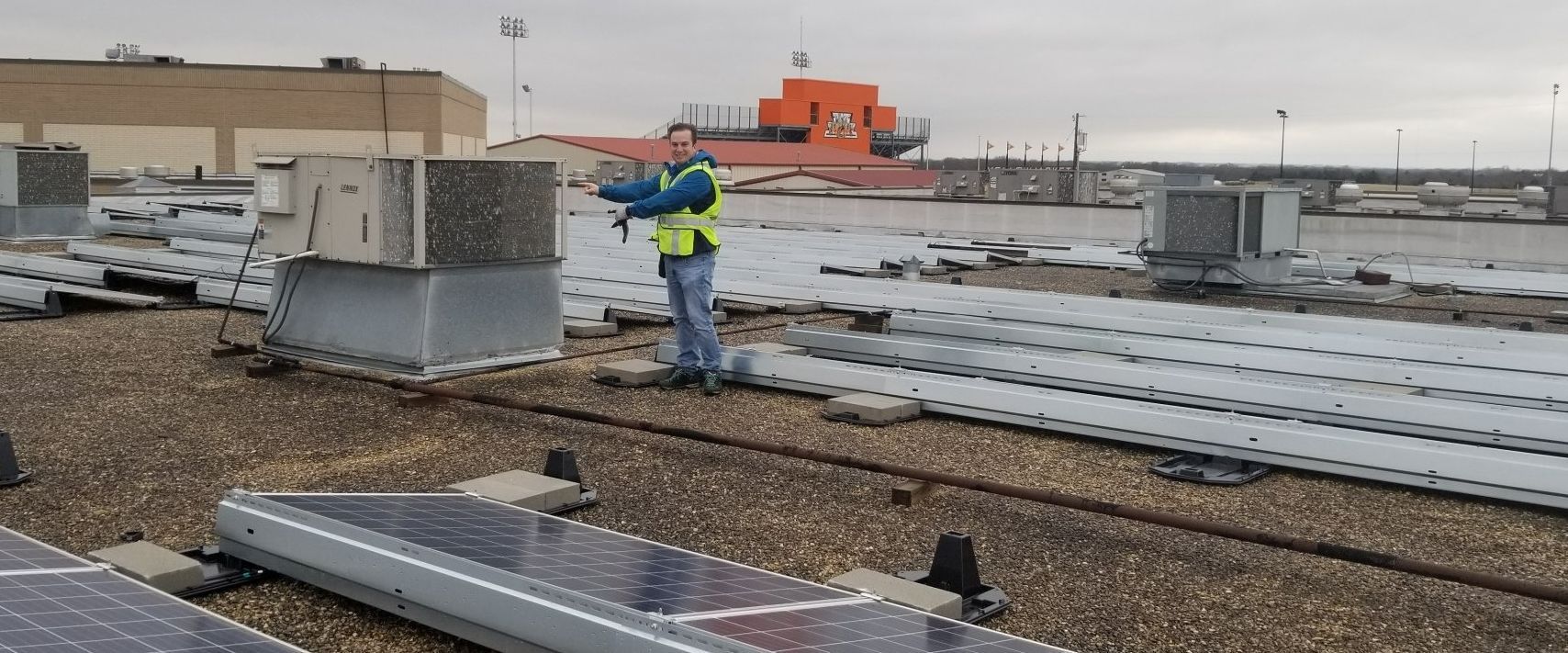
Conclusion
In conclusion, choosing the right flat roofing material for your Fort Worth property is crucial for long-term durability and efficiency. Each option offers unique advantages tailored to specific needs, from TPO's leak-resistant properties to PVC's suitability for high grease areas. Climate considerations, cost-effectiveness, and resilience all play a role in determining the best choice. Understanding the benefits and real-world applications of each material empowers you to make an informed decision that will protect your investment for years to come. Make sure to explore the diverse options available and select the one that aligns best with your building's requirements.
Frequently Asked Questions
What Makes TPO the Go-To Option for Most Flat Roofs?
TPO roofing has become the go-to option for most flat roofs due to its numerous benefits. TPO (Thermoplastic Olefin) is a single-ply roofing membrane that offers excellent energy efficiency, durability, and affordability. It reflects sunlight, reducing cooling costs, and is resistant to UV rays, chemicals, and punctures. TPO roofing is the best material choice for flat roofs in Fort Worth, providing the right roof solution for commercial properties and offering long-term performance and value.
Why is PVC Preferred in Certain Commercial Installations?
PVC roofing is preferred in certain commercial installations due to its fire-resistant properties and suitability for specific needs. Commercial properties require roofing materials that prioritize safety, and PVC roofing offers excellent fire resistance. It is a safe and reliable choice for commercial installations in Fort Worth, providing the necessary protection and peace of mind.
Can EPDM Roofing Withstand Heavy Snow and Cold Weather?
EPDM roofing is highly durable and can withstand heavy snow and cold weather conditions. Its flexibility allows it to expand and contract with temperature changes, preventing cracks and leaks. EPDM roofing is a reliable option for flat roofs in Fort Worth, providing durability and performance even in harsh winter conditions.
